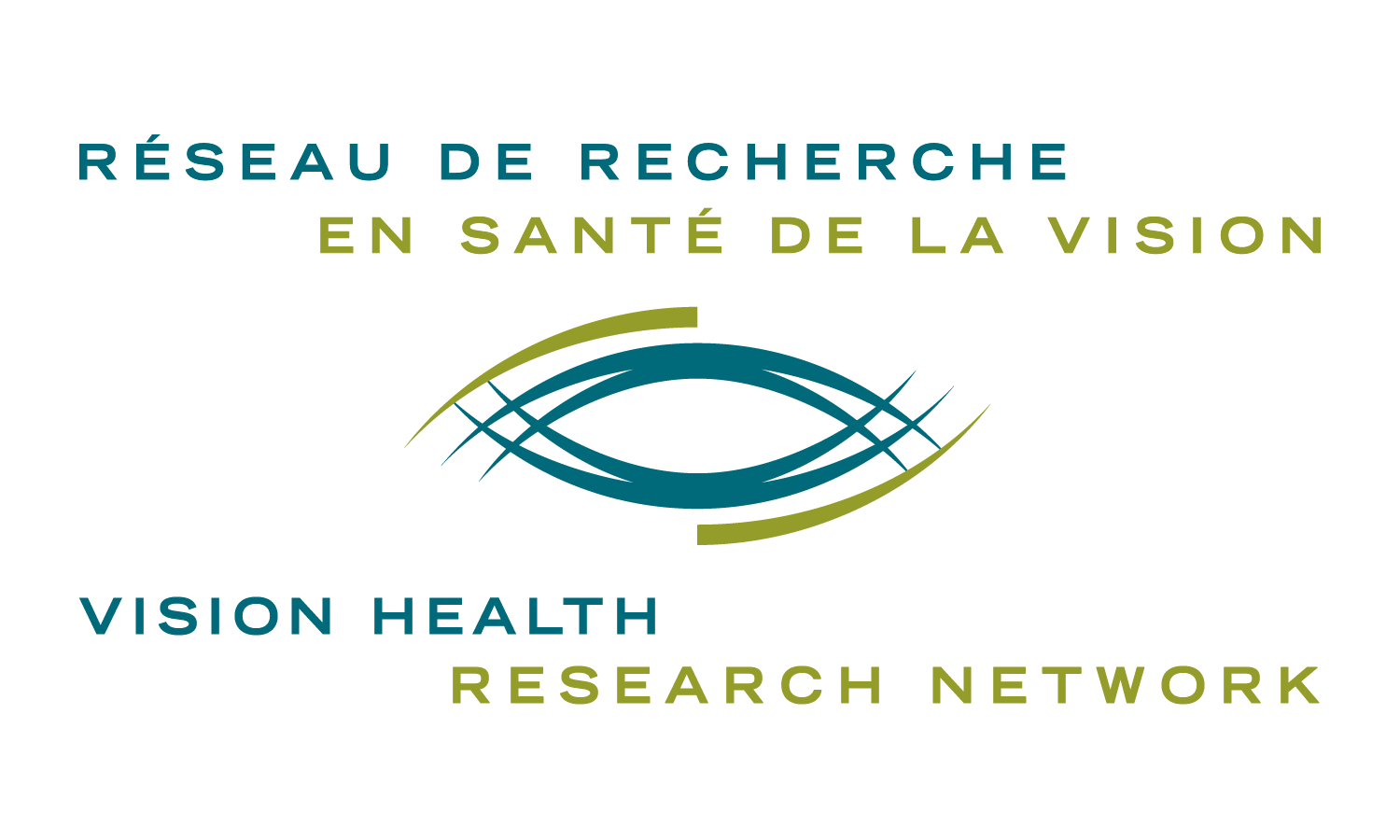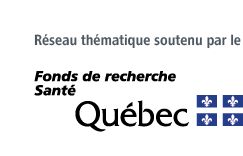Napoleone Ferrara, MD, PhD
Distinguished Professor Ophthalmology of Pathology
Senior Deputy Director for Basic Sciences, UCSD Moores Cancer Center
Ben and Wanda Hildyard Chair Chair for Disease of the Eye
School of Medicine, University of California San Diego (UCSD)
La Jolla, California, USA
email: nferrara@ucsd.edu
Biography
Dr. Ferrara is currently Distinguished Professor of Pathology and the Hildyard Endowed Chair in Eye Disease at the University of California, San Diego. He has a long-standing interest in the regulation of angiogenesis and in the biology and therapeutic applications of VEGF. These studies established VEGF as a key regulator of normal and pathological angiogenesis and resulted in the development of anti-VEGF agents for cancer and intraocular neovascular disorders.
Dr. Ferrara has authored or coauthored over 300 scientific publications, which have been cited over 190,000 times, with an h-index of 180 (Google Scholar). He is also the recipient of numerous awards, including the General Motors Cancer Research Award, the Lasker-deBakey Clinical Medical Research Award, the Breakthrough Prize in Life Sciences, the Champalimaud Vision Award, the Gairdner International Award. Dr. Ferrara is a member of both the National Academy of Sciences and the National Academy of Medicine, USA.
***
Abstract
Title: The Key Role of VEGF in Ocular Angiogenesis
Angiogenesis is a key pathophysiogical process and several families of regulators have been implicated at various steps of this process. Among these regulators, vascular endothelial growth factor (VEGF) and its two tyrosine kinase receptors, VEGFR1 and VEGFR2, represent a key signaling pathway that mediates physiological angiogenesis and are also major therapeutic targets. The importance of VEGF in development is underscored by embryonic lethality in mice after inactivation of only one vegfa allele. VEGF (VEGF-A) is a member of gene family that includes VEGF-B, VEGF-C, VEGF-D and placenta growth factor. In spite of the potential redundancy in the mediators of angiogenesis, all current FDA-approved anti-angiogenic drugs target the VEGF pathway. Indeed, three decades after the initial isolation and cloning VEGF is arguably one of the most extensively investigated signaling system in angiogenesis. Anti-VEGF agents are widely used in oncology and, in combinations with immunotherapy, are now standard of care in renal or hepatocellular carcinoma. Anti-VEGF therapy have changed the treatment of neovascular eye disorders such as age-related macular degeneration. The benefits of anti-VEGF therapy are durable, provided that patients are followed up regularly and are treated when needed. Much recent data indicate that the availability of VEGF inhibitors has had a dramatic impact on the course of disorders that in the past had no effective treatment. Current research addresses the need to identify additional therapeutic targets for patients that show suboptimal responses to VEGF inhibitors. Efforts are ongoing to determine the translational and clinical significance of such findings.


